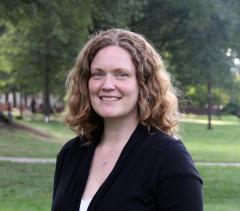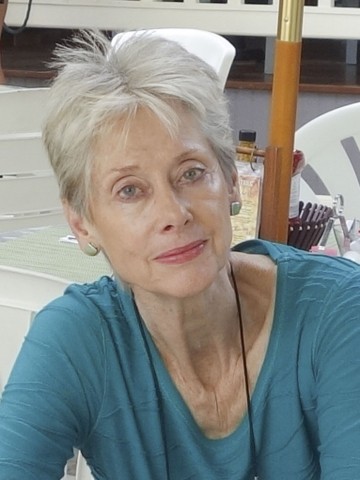Bio
Shirley J. Professor Fiske is an environmental and policy anthropologist whose work has been dedicated to augmenting the voice of social sciences, and anthropology in particular, in natural resource management and environmental and climate policy issues--presenting the human side—cultural, behavioral, and social—of our interactions with the environment.
“Very early in my career I became convinced that anthropology has important insights to offer and roles to play across the range of policy stages and issue; and I have dedicated myself to engaging with and making those models accessible to a broader range of the public and academia. I co-edited the book Anthropological Praxis in 1986 and its themes have been recurrent threads in my publications, work with graduate students, teaching, and service in professional organizations. Most of my career has been at the National Oceanic and Atmospheric Administration (NOAA) as a research manager and program director in multidisciplinary ocean and coastal research and outreach/extension. I was there at an historic time when fisheries management and fishing communities were undergoing profound changes from open access to limited access fisheries. I worked with marine anthropologists across the US to fund and promote social sciences of community and family impact and involvement, as states Fishery Management Councils began to regulate the fishing industry's effort, gear, and species. On climate change, I worked to ensure that the growing federal interest in and research on global change had a human dimensions program that was broadly based in anthropology and the social sciences. My work with ocean resources, coastal communities, and fisheries broadened when I took a job in the Senate dealing with energy policy, climate change, natural resources, and public lands, including National Forests and National Parks.
I am currently a Research Professor with the Department of Anthropology, continuing an association that began in 1984 when the MAA degree was developed. This appointment allows me to focus on the Chesapeake, in particular, and to be back in the field after being a manager, research reviewer, fundor, and legislative actor for over 20 years. After seeing the difficulties that climate scientists and educators have in convincing the public, legislators that climate change is important to act on, I am convinced that we need a more thorough understanding of how people think about climate and environmental change in general. I am co-PI with Dr. Michael Paolisso on an anthropology climate change grant from NSF (http://www.eanthchesapeake.umd.edu/climate.html) that is wrapping up in 2014. I and am working on a book on carbon offsets and social equity. I continue a long history of participation and service in professional organizations and am currently Chair of the AAA’s Task Force on Global Climate Change (2011-2014), with an eminent group of colleagues concerned with anthropology, its insights, and and role in climate change, which you can find at http://www.aaanet.org/cmtes/commissions/CCTF/gcctf.cfm. I serve on committees for graduate students, both MAA and PhD candidates, and other young professionals as they develop their careers. I was recently asked to serve on the Editorial Board for the American Anthropologist (2013).”


